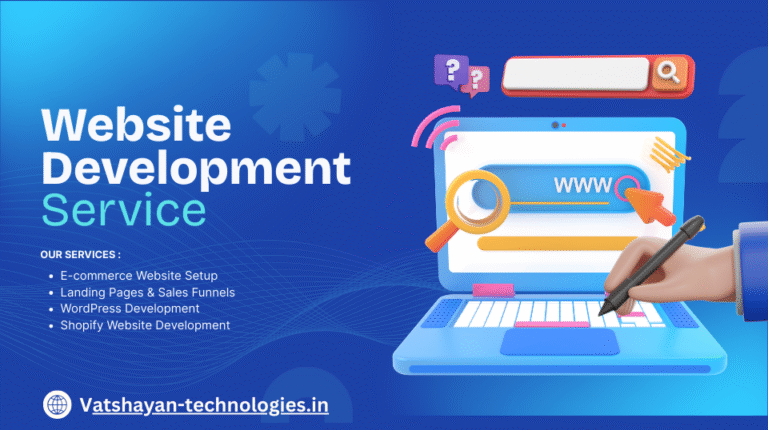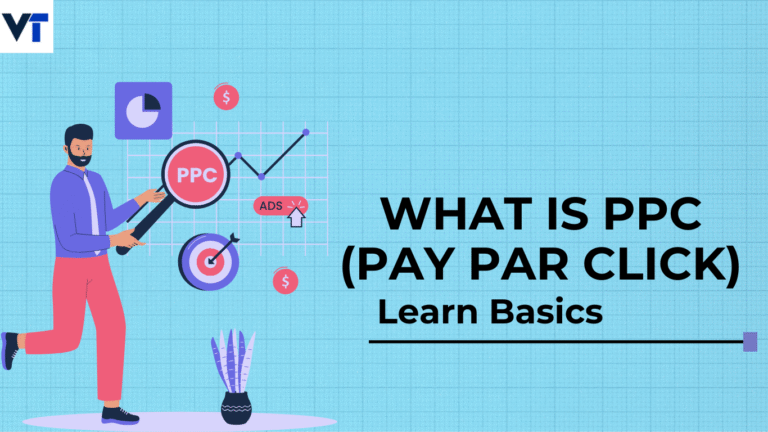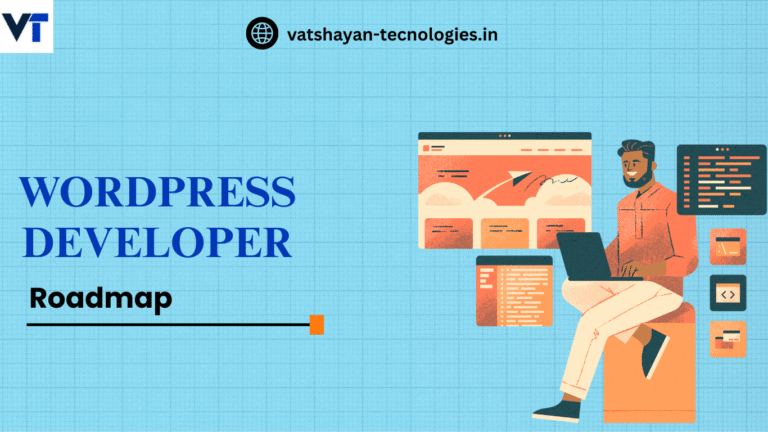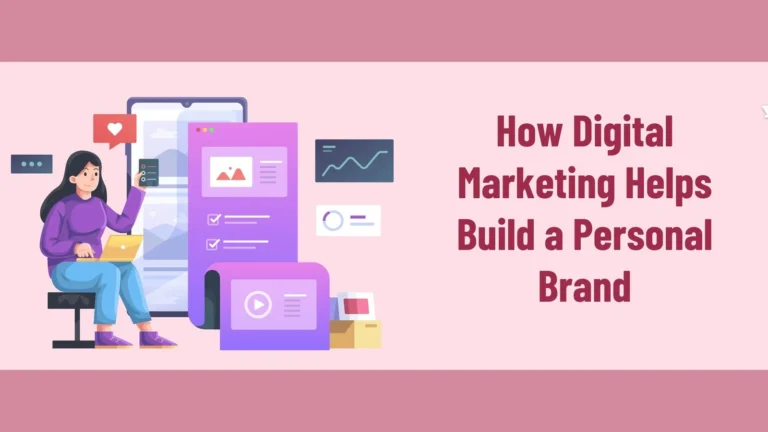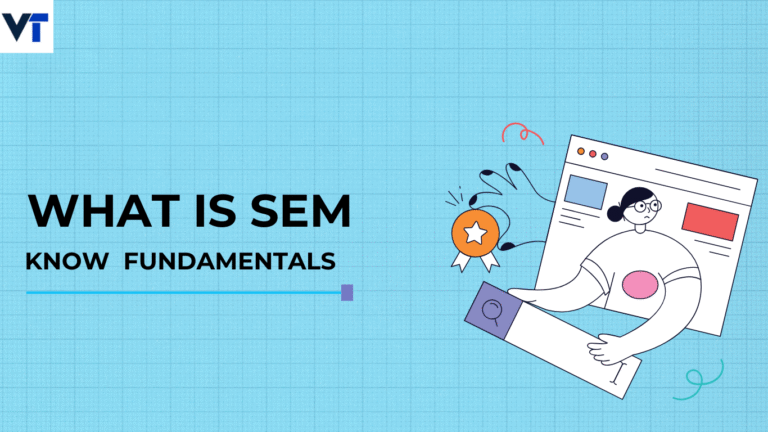Difference Between Digital Marketing vs Social Media Marketing 2025 Comparison: In 2025
The year 2025 has made online marketing more competitive than ever before. Businesses of every size — from local startups to international corporations — now depend on digital platforms to reach their customers. But when people talk about online promotions, two terms often cause confusion: digital marketing and social media marketing.
Although they are closely connected, they are not the same thing. In fact, social media marketing (SMM) is only one part of the larger umbrella called digital marketing.
This guide will walk you through the difference between digital marketing and social media marketing in 2025, their benefits, strategies, future trends, and which approach is better for your business.
What is Digital Marketing?
Digital marketing is the practice of promoting products and services through online channels. Unlike traditional marketing (such as newspapers, radio, or billboards), digital marketing uses the internet to connect brands with a global audience.
It is data-driven, measurable, and cost-efficient, making it one of the most effective ways to build a business in today’s digital-first world.
Major Components of Digital Marketing
- Search Engine Optimization (SEO): Improving website visibility on Google and Bing.
- Pay-Per-Click Ads (PPC): Paid advertising on search engines and display networks.
- Content Marketing: Publishing blogs, videos, podcasts, infographics, and eBooks.
- Email Marketing: Sending targeted emails to nurture leads and retain customers.
- Affiliate Marketing: Partnering with affiliates to promote products/services.
- Influencer Marketing: Collaborating with creators and opinion leaders.
- Mobile Marketing: SMS campaigns, app notifications, and in-app ads.
- OTT & Video Ads: YouTube ads, in-stream ads, and even ads on platforms like Netflix.

What is Social Media Marketing (SMM)?
Social media marketing is a focused approach that uses platforms like Instagram, Facebook, YouTube, TikTok, LinkedIn, and X (Twitter) to engage with customers, build communities, and promote products.
It is about creating shareable content, running paid ads, and interacting directly with people, which helps businesses quickly grab attention and build trust.
Core Elements of Social Media Marketing
- Organic Posting: Sharing reels, carousels, and stories.
- Paid Campaigns: Running ads through Facebook Ads Manager, TikTok Ads, LinkedIn Ads, etc.
- Influencer Collaborations: Partnering with digital creators for brand endorsements.
- Community Engagement: Handling comments, queries, and building relationships.
- Analytics & Tracking: Measuring likes, reach, engagement, and conversions.

Key Differences Between Digital Marketing vs Social Media Marketing (2025)
| Aspect | Digital Marketing | Social Media Marketing |
|---|---|---|
| Scope | Covers all online channels | Limited to social media platforms |
| Channels Used | Search engines, websites, email, mobile, apps, OTT | Facebook, Instagram, TikTok, YouTube, LinkedIn, X |
| Audience Reach | Broader – all internet users | Narrower – social media users only |
| Cost | Medium to high (depends on SEO/PPC) | More budget-friendly |
| Speed of Results | Slow but steady, long-term growth | Fast engagement & instant reach |
| Analytics | Traffic, leads, conversions, customer journey | Likes, shares, reach, clicks |
| Best For | Businesses looking for authority & stability | Brands targeting trend-driven, young audiences |
Real-World Example
- Digital Marketing:
A travel agency in Delhi invests in SEO and Google Ads to rank for keywords like “Best Travel Agencies in New Delhi.” People searching on Google find their website, book packages, and trust the business because of its online authority. - Social Media Marketing:
The same agency shares Instagram reels about Goa trips, runs Facebook ads for Delhi residents, and collaborates with influencers. This instantly generates leads and keeps the agency trending, but results may fade once ads stop.

Benefits of Digital Marketing in 2025
- Global reach and visibility.
- Sustainable ROI through SEO and content marketing.
- AI-driven personalization for better user experience.
- Multi-channel campaigns covering search, apps, and OTT platforms.
- Improved conversion tracking with advanced analytics.
Benefits of Social Media Marketing in 2025
- Affordable for startups and small businesses.
- Quick brand awareness with reels, shorts, and viral content.
- Direct communication with potential customers.
- Strong community and loyal customer base.
- Ability to ride trending topics and increase visibility fast.
Future Trends (2025–2030)
- Digital Marketing:
- Voice search and AI-driven SEO.
- AR/VR-based product demos.
- Metaverse advertising.
- Hyper-personalized campaigns powered by AI.
- Integrated analytics with predictive insights.
- Social Media Marketing:
- Growth of short-form video and interactive content.
- Social commerce (buy directly on Instagram/TikTok).
- Creator-driven economy.
- AI-powered chatbots for customer interaction.
- Stricter ad transparency regulations.
FAQs
Q1. Is social media marketing a part of digital marketing?
Yes, it is one branch of digital marketing.
Q2. Which is more cost-effective in 2025?
Social media marketing is cheaper, but digital marketing provides stronger long-term returns.
Q3. Can a business rely only on social media?
Not sustainably. A complete digital marketing strategy is necessary for long-term stability.
Q4. Which one gives faster results?
Social media marketing offers quick engagement, while digital marketing builds lasting authority.
Q5. Which is better for startups?
Startups can begin with social media marketing and gradually expand into full digital marketing.
Final Thoughts
The difference between digital marketing vs social media marketing in 2025 lies in their scope and impact. Digital marketing is the complete framework that covers multiple online channels, while social media marketing is a specialized approach within it.
For the best results, businesses should use both together:
- Digital marketing for sustainable growth and online authority.
- Social media marketing for fast engagement and trend-driven promotions.
When combined, they form a powerful strategy that drives visibility, trust, and long-term business success.


